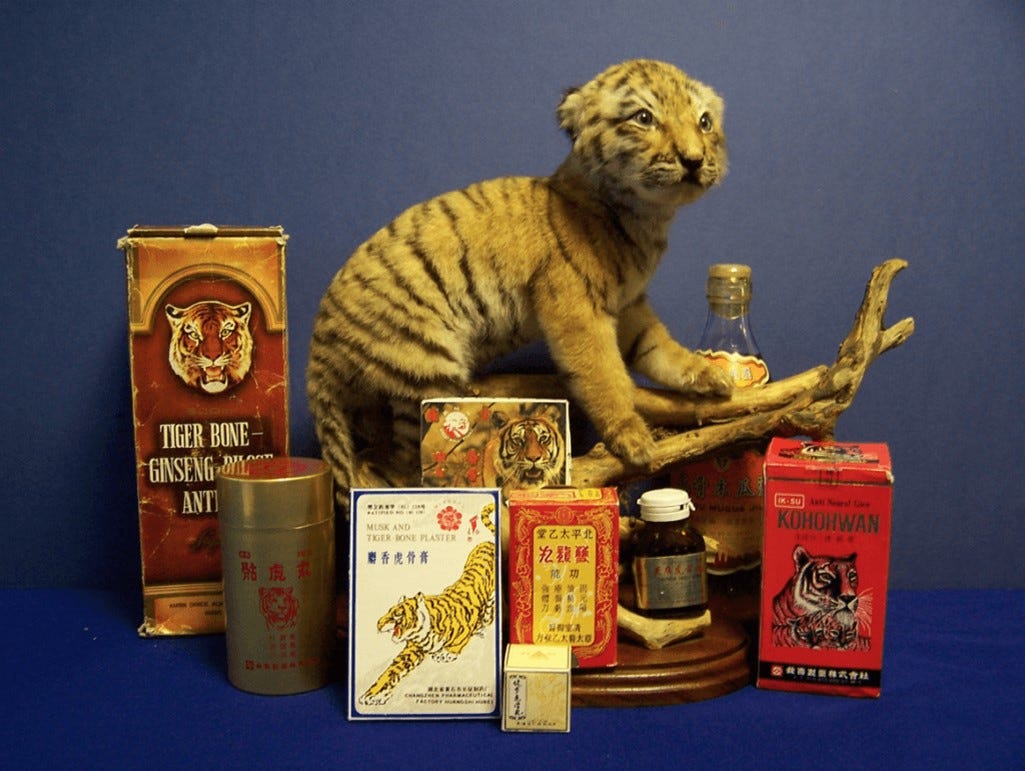China Exports Its Dubious Traditional Medicines
Opaque practices, superstitions abound
China is engaged in a major effort to spread Traditional Chinese Medicine (TCM) throughout the world as a treatment for a wide variety of ailments, aimed at forming a health industry chain to offer business opportunities in the construction of Xi Jinping’s US$1 trillion-plus Belt and Road initiative. So far, 30 overseas centers have been established in …
Keep reading with a 7-day free trial
Subscribe to Asia Sentinel to keep reading this post and get 7 days of free access to the full post archives.

